UWI author and political scientist Onur Sinan Güzaltan evaluated Ukraine’s attack on Kursk and recent developments in West Asia.
Güzaltan claims that the war provocations against Russia and Iran are happening simultaneously, and that the response could be coordinated. He also suggests that the front line stretching from Russia to Iran has merged into a single front over time.
Why did Ukraine attack Kursk? What would you say about the timing and objective of this attack?
When we look at the picture broadly, Ukraine is losing in every sense. It has lost most of its territory, its economy has collapsed, it has suffered significant military losses, and it’s only a matter of time till it loses its connection to the Black Sea.
First of all, it’s impossible for a force of 1,000 soldiers to hold even a town or village on Russian soil for long. Military experts would assess this better; everyone could easily see that what you can do with a force of 1,000 soldiers is limited. Therefore, there should be another intention behind this attack.
We can make two different assessments. First, there is a nuclear power plant in the area where Ukrainian forces advanced, similar to the situation in Zaporizhzhia. Second, an attack by Ukraine on Russian territory using Western-supplied weapons was one of Russia’s red lines. Russia had stated that if such a situation occurred, the response would be of a different scale. Ukraine is trying to provoke Russia by crossing its red lines and thus drag some forces in Europe into confrontation with Russia.
As you know, there are objections within Europe to the ongoing war against Russia. There are some voices suggesting that the war is worsening the economic and social situation in Europe. The attack on Kursk came right after Hungarian leader Viktor Orbán, as the European Union president, sought solutions to the war. Orbán’s visits were a concrete indication that there was a will within Europe to end the war and normalize relations with Russia.
Therefore, one of the targets of the Kursk attack is to undermine the steps toward normalization between Europe and Russia. This decision of this attack was not made solely by the Kyiv administration, the US was also involved. Statements from the Pentagon about the attack also imply that.
So, the US wants to continue and deepen the war against Russia and is trying to silence dissenting voices in Europe.
How might Russia respond to this attack?
Since the beginning of the war, many provocations have been carried out to divert Russia from its military strategy. There were attacks on the nuclear power plant in Zaporizhzhia, major terrorist attacks in Moscow and ethnic/religious provocations in Dagestan. When you evaluate them all together, it becomes clear that these provocations were designed to break Russia’s patience and disrupt its military advance. The Kursk attack was the latest of such attempts.
I don’t believe that Russia will change its military strategy, as it has been successful. Ukraine is losing territory and soldiers, while the West is facing a deepening economic and social crisis.
Therefore, time is on Russia’s side, just as the course of history. But that doesn’t mean that Russia will not respond. The response could be open or covert. There are some reports in the media about the operations against NATO soldiers and headquarters in Ukraine.
Moreover, this situation should not be evaluated only within the context of the Ukraine front. West Asia could also be a potential area of response for Russia. Note that there are reports that Russia gave Iran air defense systems.
Over time, the fronts are merging. I’m talking about a line extending from Russia to Iran. So, the responses of Russia and Iran could become coordinated. Parallelly, Russia could respond to Ukraine’s attack on Kursk in various locations and forms.
The war is going on multiple fronts. The pressure on Iran is fundamentally tied to the Russia-Iran relationship. The fronts in Ukraine, Gaza and Iran are not independent of each other. What I am saying now is nothing more than a claim, but I believe there is already some coordination between Russia and Iran on this point. While Israel is pressuring Iran, the US is pressuring Russia with attacks like the one in Kursk.
Overall, we can conclude that the actions of the US on the Ukraine and Gaza fronts are parts of a strategic whole. That’s why the response could and should be coordinated.
What is the latest situation in Russia related to Kursk?
The state of emergency continues. Civilians are being evacuated, and aid campaigns have been launched for those affected.
The advance of Ukrainian forces has been halted and most of them have been eliminated.
Another significant development is that F-16s belonging to Ukraine were reportedly spotted in the Kherson region. This means that Ukraine is crossing another of Russia’s red lines. The US and its allies say: “We don’t recognize and respect your red lines”. The same goes for Iran.
The provocations against Russia and Iran are simultaneous and parts of a whole. The response could and should be coordinated under a unified strategy.







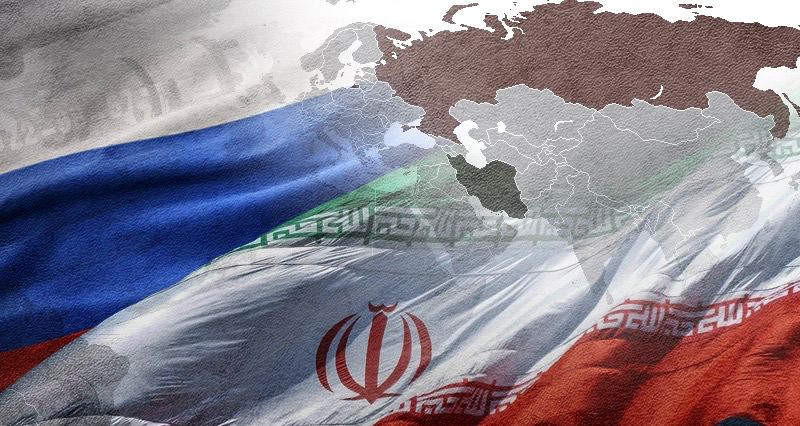

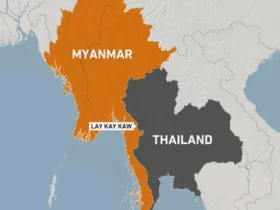
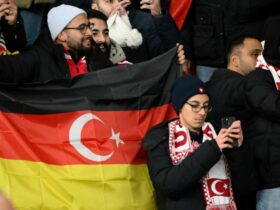
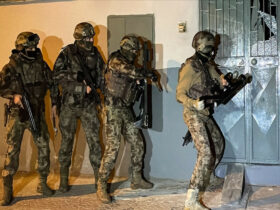

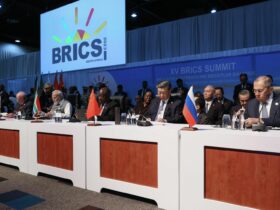
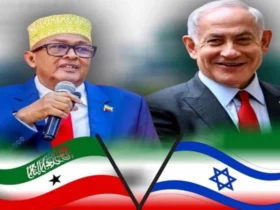
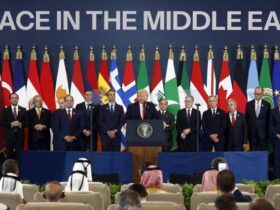

Leave a Reply